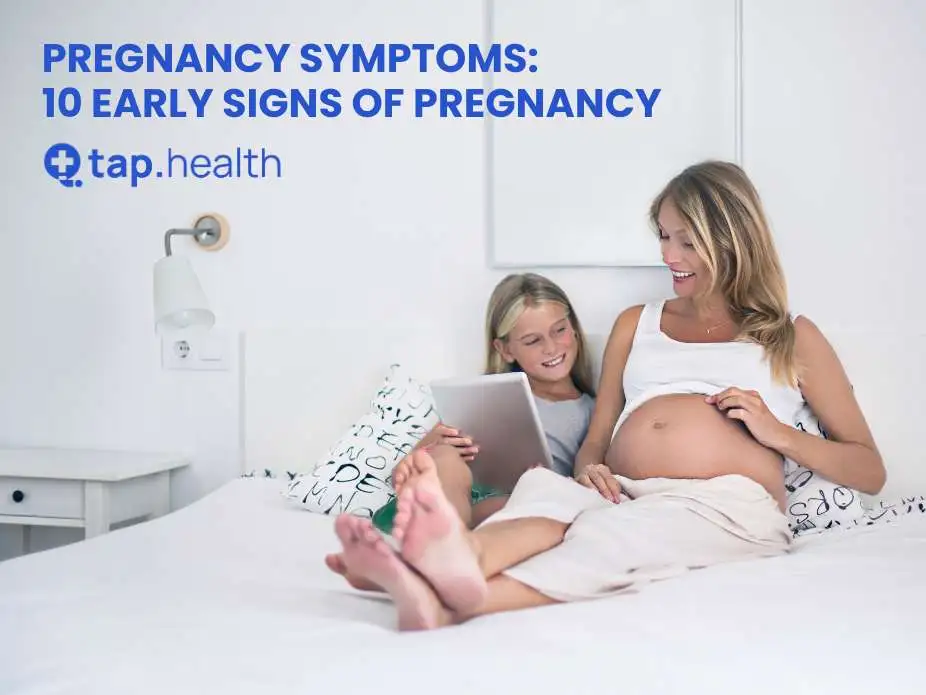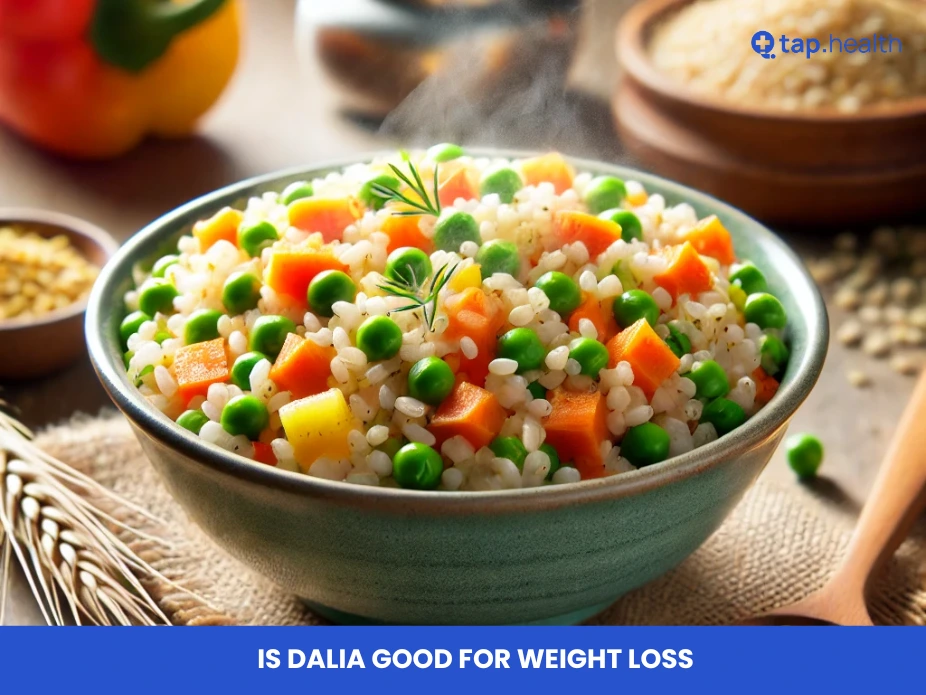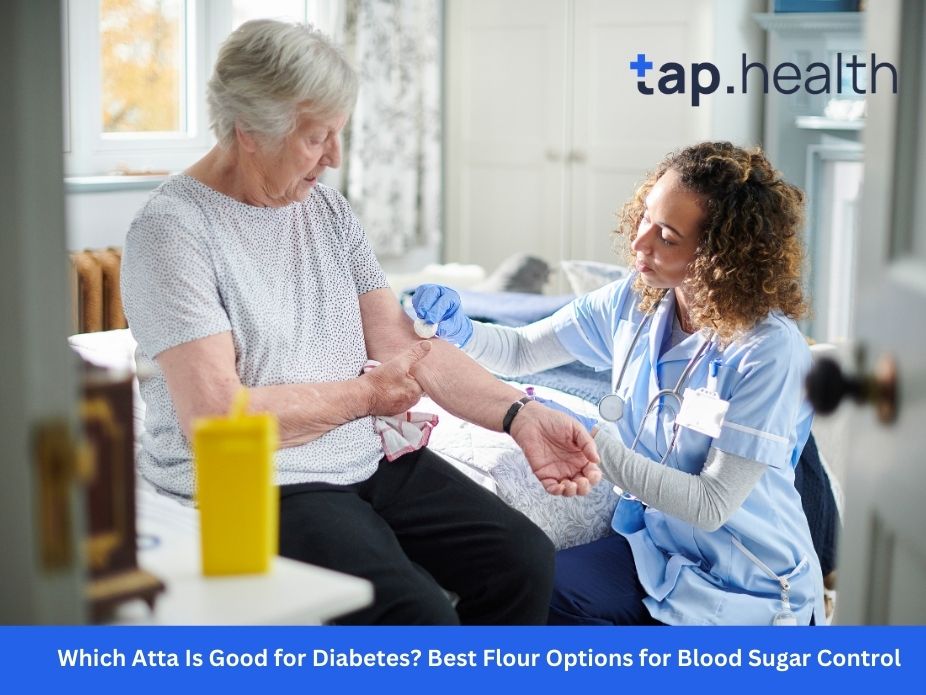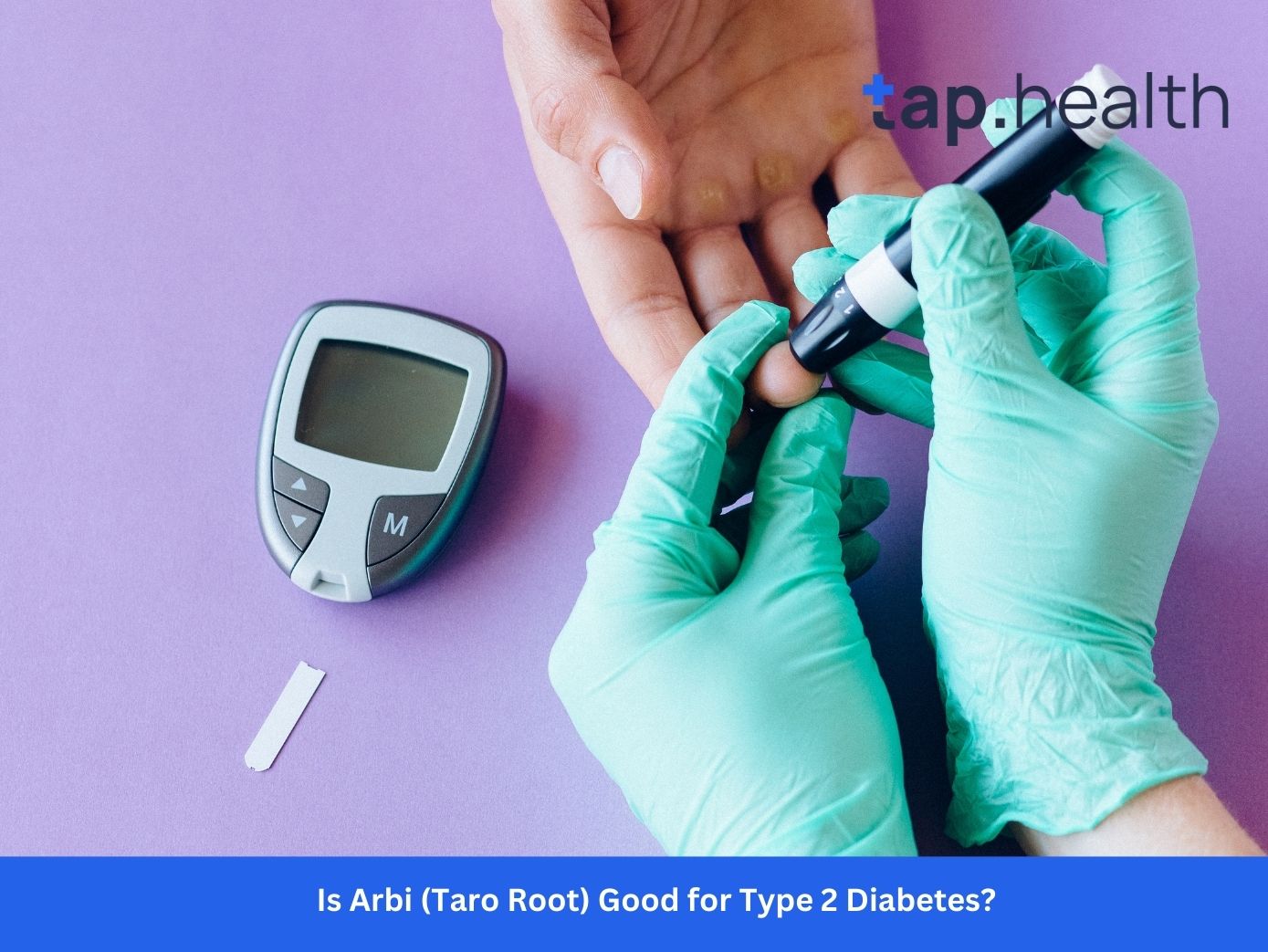Pregnancy is an exciting and life-changing event, but it can also be a time of uncertainty, especially when you’re trying to figure out if you’re pregnant. Knowing the early signs of pregnancy can help you determine if you might be expecting. In this blog, we’ll go over the common symptoms of pregnancy and the top 10 early signs that you might be pregnant.
What are the Common Symptoms of Pregnancy?
Pregnancy symptoms can vary from person to person, but there are some common signs that many women experience. These symptoms can start as early as a few days after conception and can include physical changes as well as emotional and mental changes. Understanding these symptoms can help you know what to look out for.
10 Early Signs of Pregnancy
1. Missed Period
The most common and obvious sign of pregnancy is a missed period. If your cycle is regular and you suddenly miss a period, it might be a sign that you are pregnant. However, some women can experience light bleeding or spotting during early pregnancy, which can be mistaken for a period.
2. Nausea and Vomiting
Often referred to as “morning sickness,” nausea and vomiting can happen at any time of the day or night. This symptom usually starts around the sixth week of pregnancy but can begin earlier. Hormonal changes are thought to be the cause of this unpleasant symptom.
3. Tender, Swollen Breasts
Changes in your breasts are another early sign of pregnancy. They might feel tender, swollen, or sore. This happens because of the increased hormone levels in your body. Your breasts might also feel heavier or fuller, and the area around your nipples, known as the areola, might darken.
4. Fatigue
Feeling unusually tired is a common early sign of pregnancy. The hormone progesterone can make you feel sleepy. Your body is also working hard to support the pregnancy, which can contribute to fatigue.
5. Frequent Urination
If you find yourself needing to go to the bathroom more often than usual, it could be a sign of pregnancy. This happens because the amount of blood in your body increases during pregnancy, causing your kidneys to process more fluid and filling your bladder more often.
6. Food Cravings and Aversions
Pregnancy can cause changes in your sense of taste and smell. You might find yourself craving certain foods or feeling repelled by foods you used to enjoy. These cravings and aversions are thought to be related to hormonal changes.
7. Mood Swings
The hormonal changes in pregnancy can affect your mood, making you feel unusually emotional or weepy. Mood swings are a common symptom, especially in the early stages of pregnancy.
8. Bloating
Hormonal changes can cause your digestive system to slow down, leading to bloating and constipation. This can make your abdomen feel swollen or bloated, similar to what you might experience before your period.
9. Light Spotting
Some women experience light spotting or bleeding early in pregnancy. This is known as implantation bleeding and happens when the fertilized egg attaches to the lining of the uterus. This usually occurs around 6 to 12 days after conception and is generally lighter and shorter than a regular period.
10. Headaches and Dizziness
Changes in your blood volume and circulation can cause headaches and dizziness in early pregnancy. These symptoms can also be related to hormonal changes and dehydration, so it’s important to stay hydrated and get plenty of rest.
What are the Other Signs and Symptoms of Pregnancy?
Besides the early signs mentioned above, there are other symptoms that you might experience as your pregnancy progresses. These can include:
- Heartburn: Hormonal changes can relax the valve between your stomach and esophagus, causing stomach acid to leak into your esophagus and create a burning sensation.
- Constipation: Increased levels of the hormone progesterone can slow down your digestive system, leading to constipation.
- Back Pain: As your pregnancy progresses, the extra weight and changes in your posture can cause back pain.
- Shortness of Breath: The growing fetus can push against your diaphragm, making it harder to breathe deeply.
- Swelling: Your body retains more fluid during pregnancy, which can cause swelling in your feet, ankles, and hands.
Can You Feel Pregnant Before You Miss Your Period?
It’s possible to feel some early signs of pregnancy before you miss your period. Some women report feeling symptoms like fatigue, tender breasts, and nausea as early as a week after conception. However, these symptoms can also be related to other factors like stress, illness, or changes in your menstrual cycle. The best way to confirm a pregnancy is to take a home pregnancy test or visit your doctor for a blood test.
FAQ on Pregnancy Symptoms
1. How soon do pregnancy symptoms start?
Pregnancy symptoms can start as early as a few days after conception, but most women start noticing symptoms around the time of their missed period, which is about 4-6 weeks into the pregnancy.
2. Can you have pregnancy symptoms and not be pregnant?
Yes, it’s possible to have symptoms that are similar to pregnancy symptoms but not be pregnant. These symptoms can be caused by hormonal imbalances, stress, illness, or other health conditions.
3. Can a pregnancy test be negative and you still be pregnant?
Yes, it’s possible to get a negative result on a home pregnancy test even if you are pregnant. This can happen if you take the test too early, if the test is not sensitive enough, or if it’s not used correctly. If you still suspect you’re pregnant, wait a few days and take another test or visit your doctor.
4. Can stress cause pregnancy-like symptoms?
Stress can cause symptoms that are similar to pregnancy symptoms, such as fatigue, nausea, and changes in your menstrual cycle. If you’re experiencing these symptoms and think you might be pregnant, it’s a good idea to take a pregnancy test to be sure.
5. When should I see a doctor about my pregnancy symptoms?
If you think you might be pregnant, it’s a good idea to see a doctor to confirm the pregnancy and start prenatal care. If you’re experiencing severe symptoms like heavy bleeding, severe pain, or dizziness, you should seek medical attention immediately.



